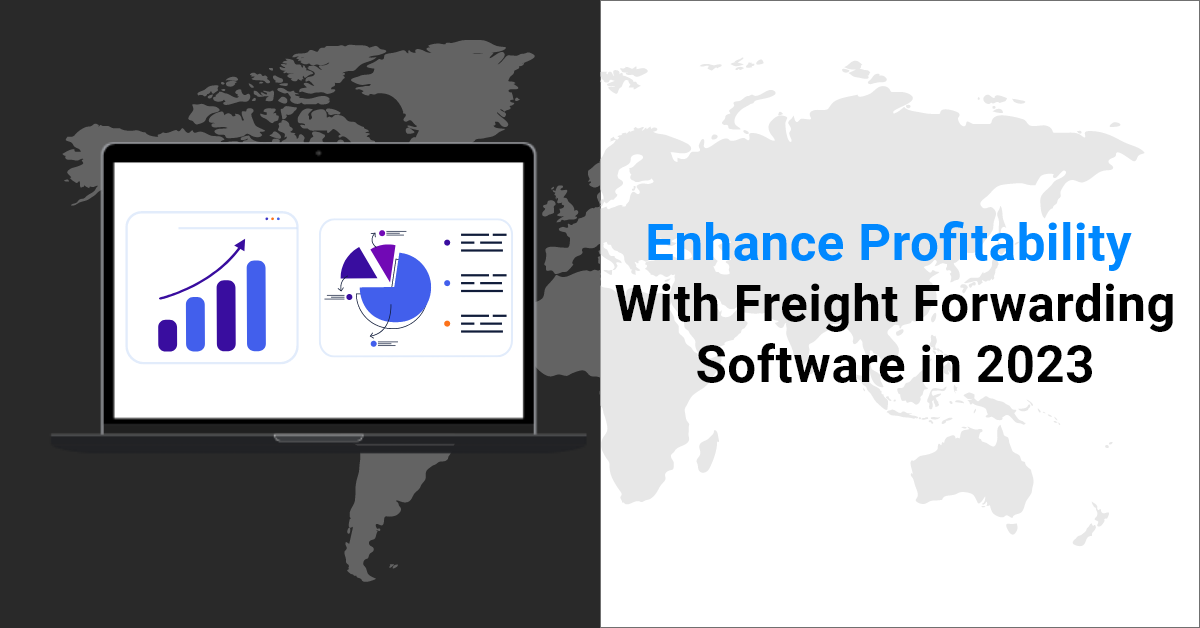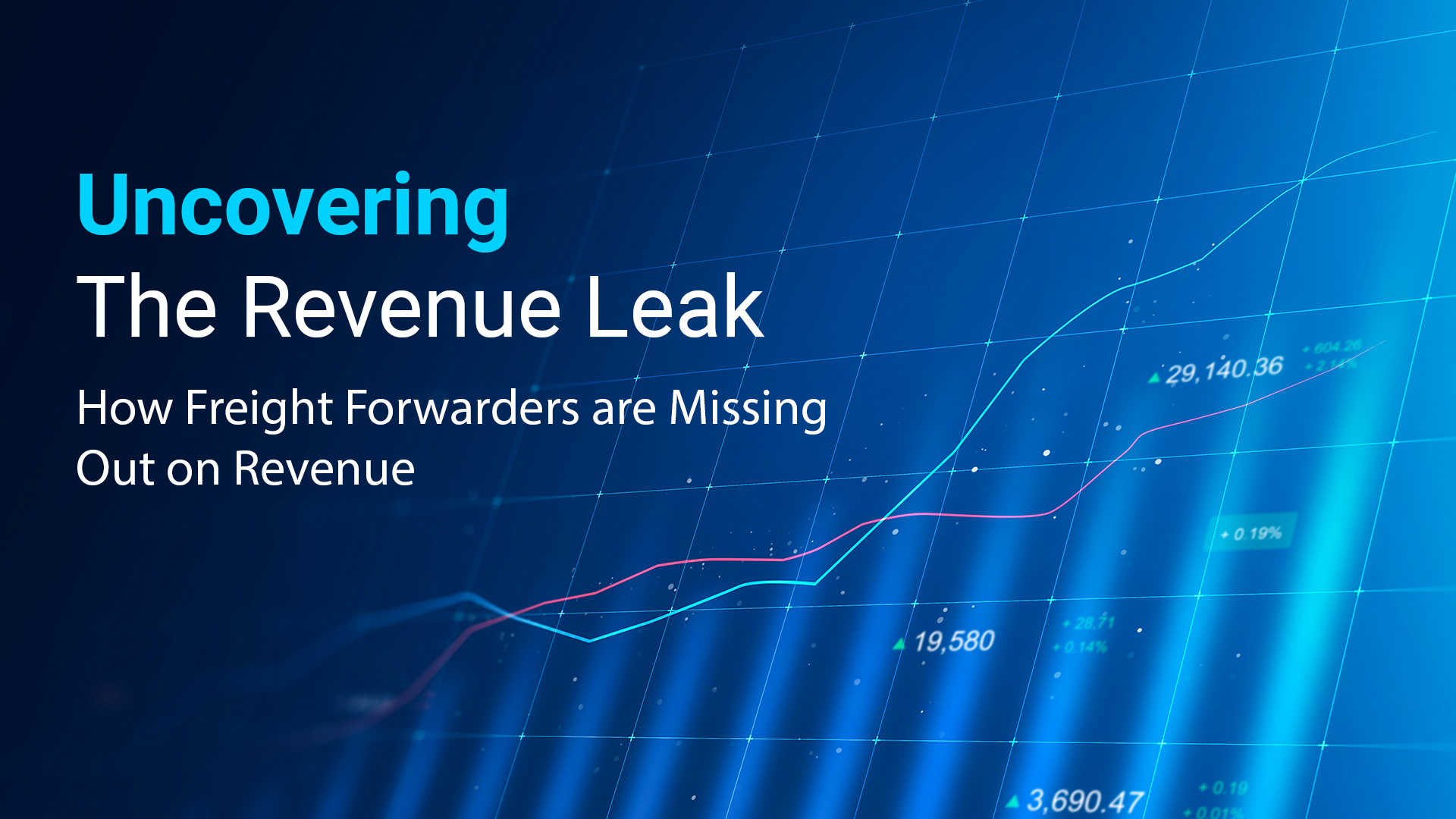The cargo transportation and logistics industry is commonly perceived as an ancillary industry, which operates behind the scenes to ensure that raw materials and goods are made available at manufacturing and consumption centres when needed.This complex web includes the freight forwarding business, which works tirelessly to move goods efficiently.
However, the average consumer rarely thinks about the efforts put in by freight forwarders and other players in the transport process.
A consumer in the USA will casually buy a pair of sneakers or pick some avocados in their local department store, with nary a thought to the complex process through which an item manufactured in China or a piece of fruit grown in a South American country has been readily made available in America, and at a reasonable price.
It is only in the post-Covid scenario that severe shortages of such daily-use items have put supply chains in the spotlight and brought to the fore the crucial role that freight forwarders and shipping companies play.
With the mainstream media widely covering the global supply chain disruptions, the layperson has become aware of the freight forwarding industry. Many people are keen to become freight forwarders and start up their successful freight forwarding businesses. But they are unaware of the intricacies of creating a profitable freight forwarding business model.
In this article, we will explore the roles and challenges of the freight forwarding industry and what it takes to be a successful freight forwarder.
Role of a Freight Forwarder
A freight forwarder is an extremely critical component of the international transport chain. Though freight forwarders generally work in the background, their need is felt at all stages of the transportation process.
A forwarder is the facilitator of international trade, offering various services of varying levels of sophistication. At the most basic level, freight forwarders handle freight management and shipping for their customers.
At the other end of the spectrum, more sophisticated services include managing the overall supply chain, reverse logistics, and setting up control towers.
A freight forwarder is an intermediary, bridging all the stakeholders, processes, and gaps between the exporter and the importer. Their involvement can be seen right from the manufacturing of cargo to the point it reaches retail shelves.
When a shipper or exporter contracts a freight forwarder for exporting their cargo, the freight forwarders will after that coordinate with the following:
- Shipping companies: for negotiating competitive freight rates
- Trucking companies: for transport from the factory to the port premises
- Port authorities at the origin: to ensure that the cargo is delivered at the port before the published cut-off times to be loaded on the scheduled vessel
- Counterparts in the destination country: to ensure that notifications and pre-alerts are received in time, and necessary arrangements are made for timely discharge and on-carriage of cargo
Besides these activities, the freight forwarder will also be actively involved in any contingencies or disruptions due to unforeseen circumstances.
How can you develop a successful freight forwarding business model?
A freight forwarder’s job profile is a mix of tactical, strategic, knowledge-based, and involving expertise.
These aspects are listed below:
1. Routine tasks such as collecting data and sharing relevant information with importers,
2. Complying with regulatory requirements and arranging mandatory documentation,
3. Negotiating rates from various transport providers and other sundry vendors
4. Designing a customized solution that meets the needs of the Shipper/ Exporter
5. Co-ordination and liaising with relevant parties to ensure smooth delivery of cargo
6. Above all, a customer-centric approach
To be successful, a freight forwarder has to possess a unique combination of soft skills, hard knowledge, and industry-specific expertise.
A freight forwarder should be aware of all the applicable regulations and jurisdictions and have a thorough understanding of the business's commercial environment, operational practicalities, and financial aspects.
Besides, the freight forwarder must also understand the customer’s business model and supply chain / co-dependencies to offer optimal solutions.
Common Processes Involved in the Freight Forwarding Business
1. Quoting freight rates
This is not as simple as it sounds. Upon receiving an inquiry from the customer, the freight forwarder will send details to all the shipping lines that offer services to the port in question. They will then have to follow up until rates are received and also ensure that the quantum of all applicable surcharges is provided (or confirmation that these surcharges are included in the basic ocean freight).
The freight forwarder can reply to the customer's inquiry only after freight rates are received from all shipping lines.
This process often takes 2 to 3 days.
2. Planning End to End Transport
Once the customer agrees to the freight quotation offered, the freight forwarder will have to plan the transport of the cargo right from the customer’s premises to the origin port, then to the discharge port and onwards to the final destination.
The difficulties involved are myriad, compounded by the uncertainties that typically plague international transport.
Freight forwarders will have to add some buffer to account for unexpected delays, missed connections, communication breakdowns, and similar factors while ensuring that the final quote and delivery time are competitive.
This time-consuming process is often prone to changes due to difficulties or changes in schedule.
3. Preparing requisite documents and arranging Customs clearance
Exporters and Importers are bound to comply with all applicable regulations prescribed by the governing jurisdictions at the origin, destination, and international trade conventions. This inevitably gives rise to a mountain of paperwork and procedural formalities to be adhered to.
Freight forwarders must be well-informed of all documentary requirements, procedures, and protocols.
It is of utmost importance that the documentation is accurate and complete.
Challenges and Pain Points in Freight Forwarding
Some of the common challenges faced by freight forwarders and pain points for their customers are enumerated below:
1. Long time required for quoting to business inquiries
2. Lack of timely pre-alerts and delays in intimation regarding milestones
3. Human errors while doing rote jobs
4. Information (such as freight rates/ sailing schedules/ detention and demurrage charges/ free time/ surcharges levied/blocked entities/ prohibited or restricted cargo) are stored in multiple formats and modes (like Excel spreadsheets, Word documents, PDF files, emails, paper, local access databases) making it difficult to retrieve the information, compiling a comprehensive quote and ensuring that the latest info is used
5. Intense competition, with a marked increase in the number of players in the industry, which increases the pressure on freight forwarders to raise their game and offer services of increasingly superior quality
6. Increasing customer expectations, as shippers are gradually asking freight forwarders to handle more aspects of their supply chain, with growing requirements on data sharing, cargo status updates, and real-time visibility
7. Limited use of technology, which hampers planning and real-time visibility
How Freightify can address these pain points and make Freight Forwarding profitable?
Freightify offers cutting-edge technology solutions to help freight forwarders improve their freight forwarding business and operate a successful and sustainable business model.
Freightify’s digital platforms are intended to address the challenges faced by freight forwarders by digitizing and automating core tasks, thus ensuring accuracy, quality, and timeliness of service.
For example, Freightify’s Rate Management solutions can help the salesperson respond to customer inquiries within minutes instead of waiting for 2 to 3 days.
Freightify’s automated Quoting option helps create professional quotes in just three clicks.
Similarly, Freightify’s Track and Trace functionality gives updated information on the vessel status of container carriers, that too almost instantaneously.
As the tasks are handled with precision, the forwarders salespersons can utilize their time and efforts to better understand the customer’s unmet needs, focus on deepening the business relationship, and generate additional revenue streams.
The superior customer service that the Freight forwarder can provide after deploying Freightify’s systems creates a tangible value proposition and helps the freight forwarder gain an edge over competitors.













